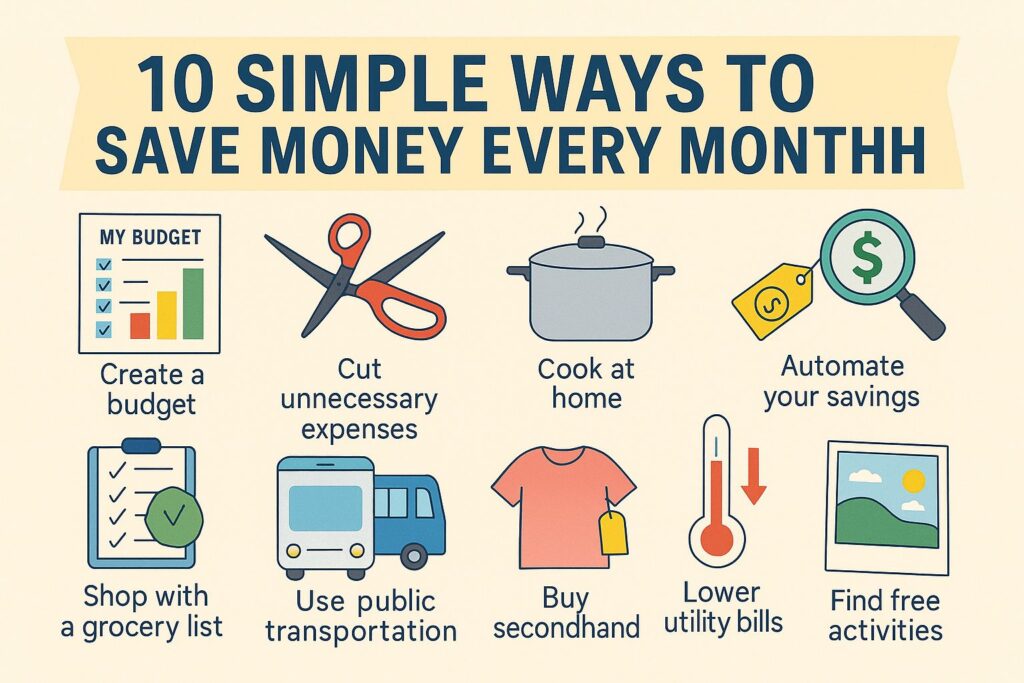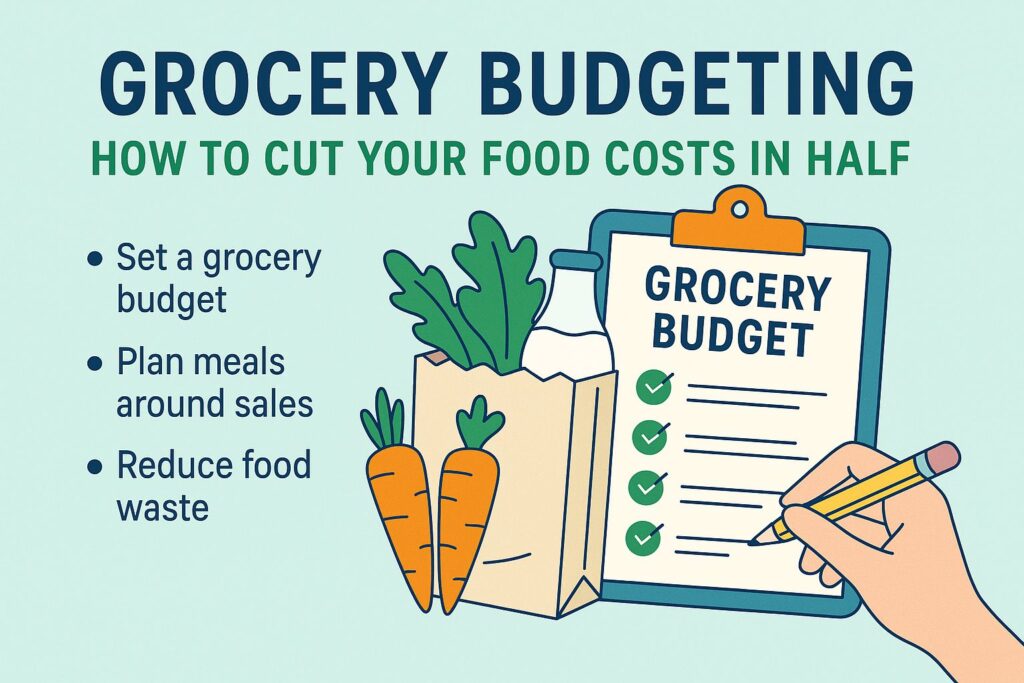Living on an irregular income is the norm for millions of gig workers, freelancers, and self employed individuals in the U.S. Whether you’re delivering groceries, designing logos, or driving rideshare, your monthly earnings can fluctuate wildly. That unpredictability can make budgeting feel nearly impossible. But here’s the good news it’s not. In fact, with the right system, budgeting with irregular income in a gig economy can give you more control, not less.
This article explores smart, realistic strategies to help you manage your money confidently even when your paycheck changes every month
- Understand Your Income Patterns
Before you can build a budget, you need to understand your income trends. Look back at the last 6 to 12 months of earnings. Note:
• Your lowest earning month
• Your highest earning month
• Your average monthly income
Once you have a clearer picture, base your budget on your lowest average monthly income. This conservative approach ensures you don’t overspend during lower income months.
- Create a Priority Based Budget
A flexible budget based on priorities is your best friend in the gig economy. Here’s how to structure it:
• Tier 1: Essentials
Rent, food, utilities, insurance.
• Tier 2: Needs but Not Urgent
Debt payments, basic savings, transportation maintenance.
• Tier 3: Flexible Extras
Dining out, entertainment, subscriptions, travel.
In low income months, cover Tier 1 first. In high income months, fund Tier 2 and 3.
- Build an Income Buffer
Think of this as your “income smoothing” fund. The goal is to set aside extra money in high earning months to carry you through low income periods. Aim to build at least one month’s worth of expenses in this buffer account.
This isn’t the same as an emergency fund it’s a short term, cash flow management tool.
- Embrace a Zero Based Budgeting Method
With zero based budgeting, you assign every dollar a job, even if your income changes. For example:
• If you earn $3,200 this month, allocate every dollar to specific categories (essentials, savings, taxes).
• If you earn $1,500 next month, adjust accordingly, but still allocate every dollar.
This method ensures you’re deliberate and in control, no matter the income level.
- Separate Business and Personal Finances
This is critical for gig workers. Create two accounts:
• Business account: where your payments arrive.
• Personal account: where you pay yourself a “salary.”
Each month, transfer a fixed amount from business to personal. This stabilizes your personal budget even if business income fluctuates.
- Set Up Automatic Tax Savings
Inconsistent income doesn’t exempt you from taxes. Set aside at least 25-30% of every payment for taxes. Create a separate savings account just for taxes and automate transfers.
Consider using a tax estimation app to avoid surprises when quarterly payments are due.
- Track Expenses Religiously
When your income is irregular, tracking your spending becomes even more important. Use free tools like:
• Mint
• YNAB (You Need A Budget)
• Google Sheets
Daily or weekly tracking helps you avoid overspending in high-income months and prepares you for lean periods.
- Embrace Frugality Without Guilt
Frugality is not about living poorly it’s about spending intentionally. Consider:
• Cooking at home more often
• Canceling unused subscriptions
• Using your library instead of buying books
• Shopping second hand
These habits are powerful during inconsistent income months and can grow your buffer fund faster.
- Take Advantage of Gig Economy Perks
Being a gig worker often means flexible hours. Use this to your advantage:
• Increase hours during high paying seasons (like holidays)
• Diversify your gigs ride share during rush hour, freelance at night
• Explore platforms with better pay consistency (like Upwork, Toptal)
Diversifying can help stabilize your income flow.
- Stay Mentally Prepared for Income Swings
Budgeting with irregular income requires emotional resilience. One great month doesn’t mean the next will follow. And that’s okay. Stay grounded by:
• Checking in weekly with your finances
• Avoiding lifestyle inflation when income rises
• Reminding yourself: flexibility is power
Final Thoughts: Budgeting Is Possible even with Irregular Income
Mastering budgeting with irregular income takes practice, discipline, and a little creativity. In a gig economy that rewards hustle but offers little stability, the key is building your own financial stability through smart planning.
With the right tools like buffers, zero based budgeting, and tracking you can take full control of your finances and thrive in the unpredictable rhythm of freelance life.


